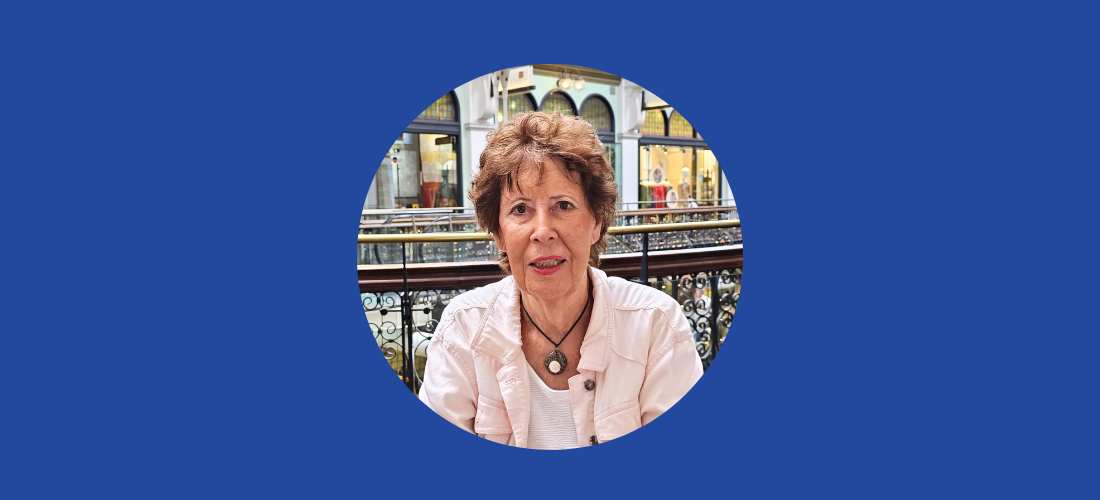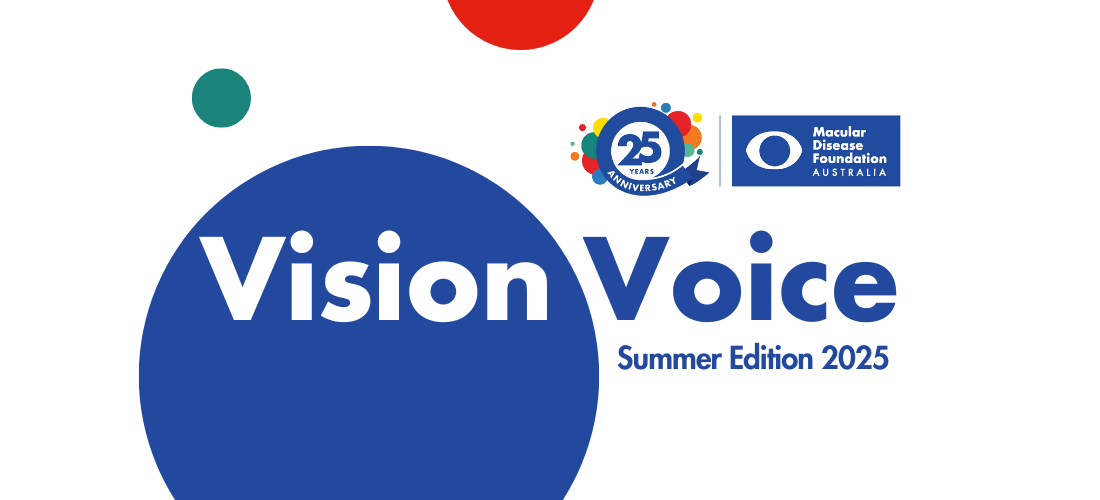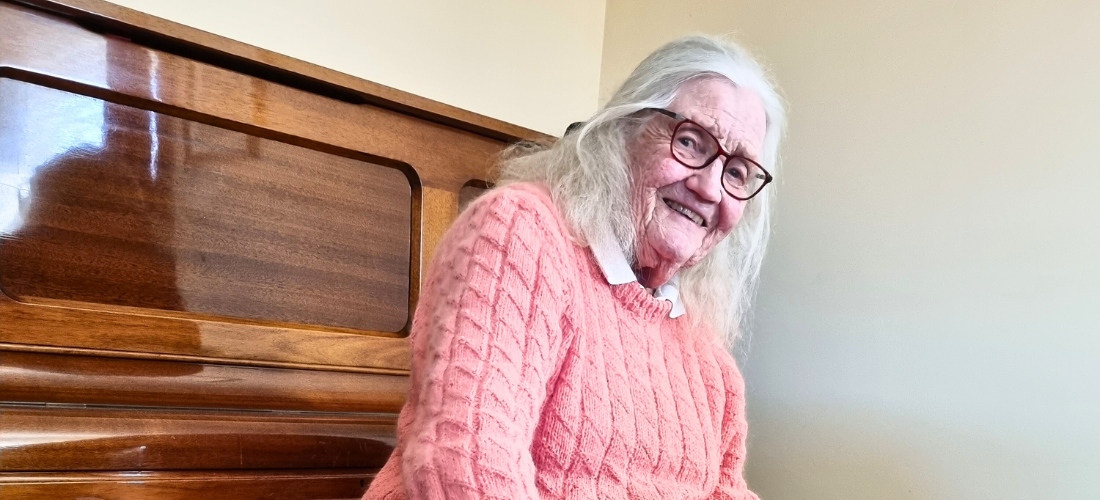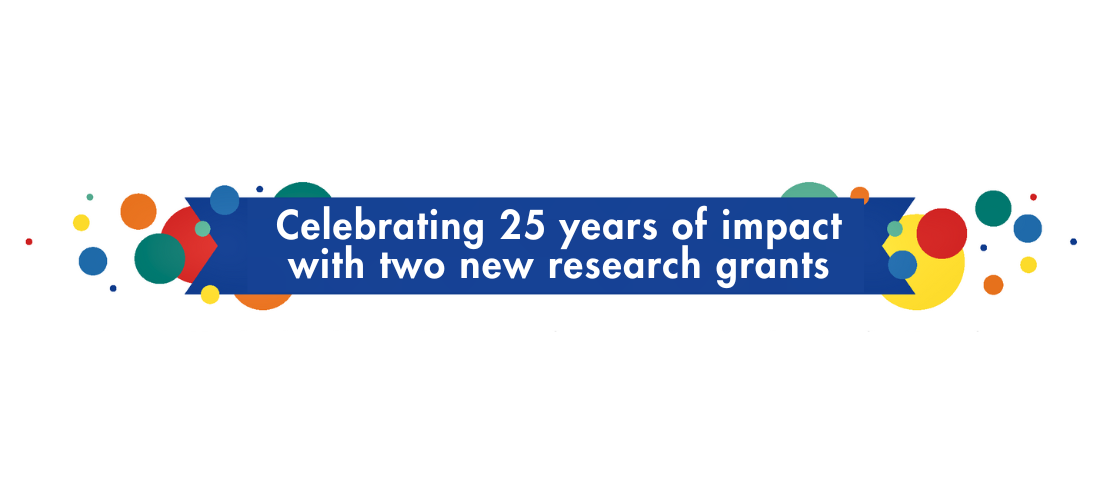Campaign to save sight
This year MD Awareness week was held from 25 June to 1 July 2007 with the theme focused around the family. The Foundation mounted a widespread campaign across Australia with the support of our major sponsors Blackmores, Novartis Ophthalmics and the Optometrists Association Australia.
Our major partner this year was the National RSL with the support of the National President, Major General Bill Crews, AO (Rtd).
The press release issued was as follows:
Baby boomers going blind…and more Aussies to follow
New research reveals Aussies are at risk of going blind but don’t know it
Macular Degeneration Awareness Week 25 June – 1 July 2007
Australians could be taking simple steps to help reduce their risk of blindness but are failing to do so, according to new research released today on Macular Degeneration Awareness Week.
The Macular Degeneration Foundation has called for Australians to act now or for many, face the possibility of a future without sight, in light of the new research which shows 78 per cent of Australians claimed to have never have had their macula checked.
The macula is the central part of the retina at the back of the eye responsible for seeing fine detail and colour. Damage to the macula leads to central vision loss and macular degeneration (MD) which is the leading cause of blindness in Australia.
“Having your eyes tested and, in particular, having your macula checked is critical in reducing the risk of blindness,” said Julie Heraghty, CEO, Macular Degeneration Foundation. “Yet the new research shows most Australians simply do not know where the macula is, let alone that MD affects the eyes.”
The research also found that amongst those in the highest risk group, Australia’s baby boomers, 60 per cent claimed to have never had their macula checked.
Doctor Paul Beaumont, a leading retina specialist, said, “People over 50 years old, smokers or ex-smokers and those with a family history, are at a high risk of MD and the incidence increases with age. We need more Australians to take the MD message seriously by getting an eye test and making sure the macula is checked.”
These results are surprising given the research also shows more Australians fear going blind than having a potentially fatal heart attack.
“The importance of regular health checks for conditions such as heart disease is becoming more accepted within society,” said Ms Heraghty. “Yet, although more Australians are concerned with losing their sight than having a heart attack, relatively little community attention is focused on having the macula checked. Early detection and seeking treatment immediately are vital in helping to save as much sight as possible.”
Furthermore, while lifestyle factors such as diet and exercise have been shown to help reduce the risk of MD, Australians are not fairing too well in this area also.
“To help reduce their risk of MD, Australians should eat fish, dark green leafy vegetables and fresh fruit, consider a lutein supplement, exercise regularly, control their weight and wear sunglasses. If you have MD, consideration should also be given to taking a zinc and antioxidant supplement,” she said.
Early detection of MD and seeking treatment immediately is essential in saving sight. Treatment options are available to help keep the best vision for as long as possible.
Well-known Australian actress/comedienne Jean Kittson knows first-hand the devastating affects of MD – her mother currently has the disease.
“We don’t always understand, until someone close to us loses their sight, how devastating it can be. As most people are, my mother was extremely vital and independent and this terrible condition has made her rely almost totally on my father for most of her needs. Reading and driving have been the most distressing pleasures to lose, while normal activities such as shopping and cooking and even watching television have become very frustrating and difficult. I urge all Australians to have their eyes tested and make sure the macula is checked,” she said.
Australians at risk – research facts
- 78 per cent of Australians claimed to have never had their macula checked
- Two in three Australians are unaware that MD affects the eyes
- One in five Australians continue to smoke – smoking is the only modifiable risk factor for MD and can triple an individual’s risk of the diseaseii
- Three in five Australians don’t eat enough fish
- One in two Australians don’t exercise regularly
- One in four Australians don’t wear sunglasses
- MD is responsible for 48 per cent of severe vision loss
- AMD costs Australia $2.6 billion a year. This will grow to $6.5 billion in 2025
- A major study, the Age Related Eye Disease Study (AREDS), found that participants with intermediate MD taking daily antioxidant and zinc supplements reduced their risk of progression to advanced MD by 25 per cent.
Posted: 27 July 2007
















